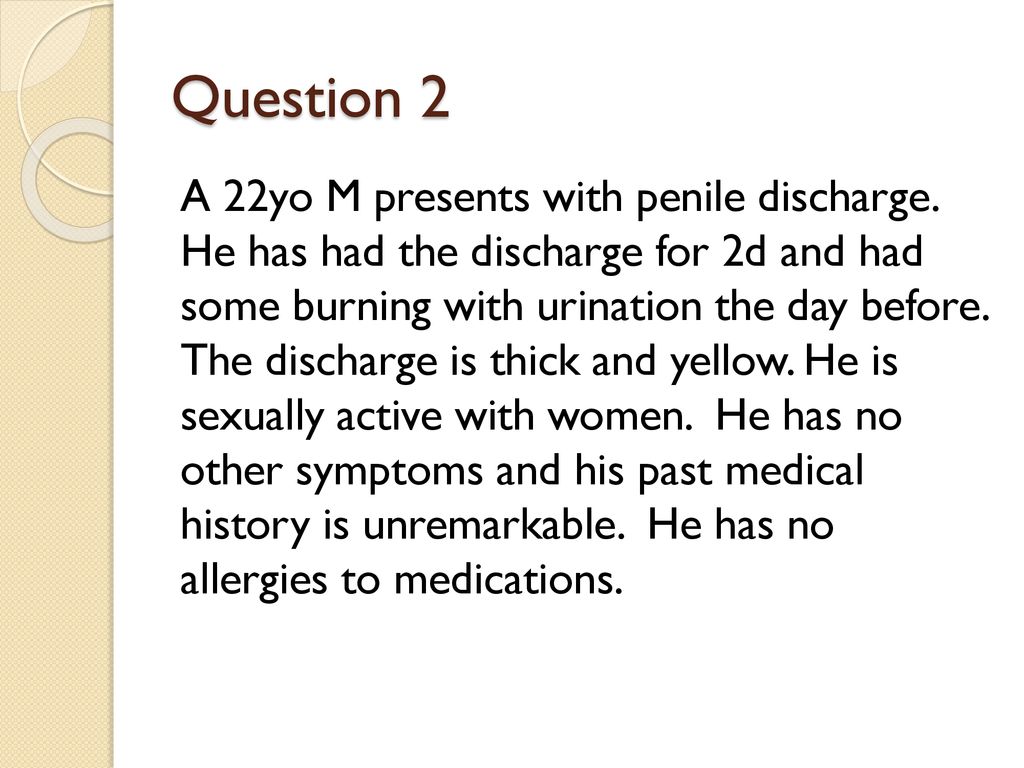

Most use a sample of urine or a swab from the cervix, vagina, or urethra. Several types of tests can be used to diagnose chlamydia. You may also have a physical exam to look for signs of infection. Your doctor will ask you questions about your past health and your sexual history, such as how many partners you have. You are contagious until you have been treated. You can spread chlamydia even if you do not have symptoms. When symptoms do occur, they can include pain when you urinate, cloudy urine, or an abnormal discharge from the penis or vagina. A pregnant woman can pass the infection to her newborn during delivery. It can spread from one partner to another through vaginal, anal, or oral sex. HIV is the virus that causes AIDS.Ī certain kind of bacteria causes chlamydia.

Having chlamydia makes a person more likely to get HIV from someone who is infected with HIV.They can also have other problems, like pneumonia. If the infection gets in a baby's eyes, it can cause blindness. Pregnant women who have chlamydia often pass it to their babies at birth.This serious infection can make it hard or impossible for a woman to get pregnant. If it spreads, it can cause pelvic inflammatory disease.But left untreated, it can lead to serious problems, especially for women: It is one of the most common sexually transmitted infections (STIs).Ĭhlamydia does not cause problems if you treat it right away. In women, it infects the urethra and the cervix and can spread to the reproductive organs. This infection infects the urethra in men. Chlamydia (say "kluh-MID-ee-uh") is an infection spread through sexual contact.


 0 kommentar(er)
0 kommentar(er)
